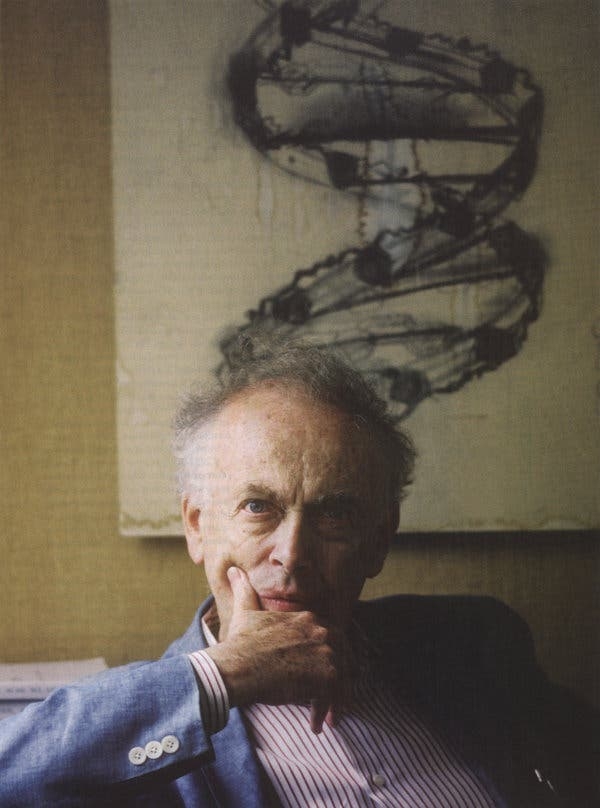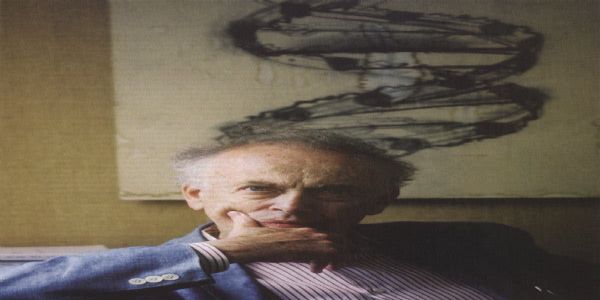
NEW YORK, 8 November (H.S.): James D. Watson, the trailblazing scientist who co-discovered the double-helix structure of DNA, a breakthrough that revolutionized biology and medicine, died on Thursday in East Northport, New York. He was 97. His death was confirmed by Cold Spring Harbor Laboratory, the institution with which he was long associated and which later repudiated him for his inflammatory and racist remarks.
In 1953, at the remarkably young age of 24, Watson, alongside his colleague Francis Crick, unveiled the twisted-ladder structure of deoxyribonucleic acid, or DNA. This discovery, for which they, along with Maurice Wilkins, were awarded the Nobel Prize in 1962, was a watershed moment in science, instantly explaining how genetic information is stored and passed down through generations.
The iconic double helix became a universal symbol of science and laid the groundwork for advancements in genetic engineering, personalized medicine, forensics, and genealogy.
Watson's brilliant scientific career, which included leading the Human Genome Project, was later overshadowed by a series of offensive and scientifically unfounded statements. He repeatedly made remarks suggesting that there are genetic links between race and intelligence, stating in a 2007 interview that he was inherently gloomy about the prospect of Africa because all our social policies are based on the fact that their intelligence is the same as ours — where all the testing says not really.
These and other comments, including on gender and sexuality, drew widespread condemnation.The ensuing firestorm led to his suspension and subsequent retirement from his post as chancellor of Cold Spring Harbor Laboratory in 2007.
In 2019, after he reaffirmed his views in a documentary, the laboratory stripped him of all his honorary titles, calling his statements reprehensible and unsupported by science.
Watson's final years were marked by this controversy, leaving a complicated legacy of a scientific giant whose monumental contributions were forever tarnished by his prejudiced views.
---------------
Hindusthan Samachar / Jun Sarkar








